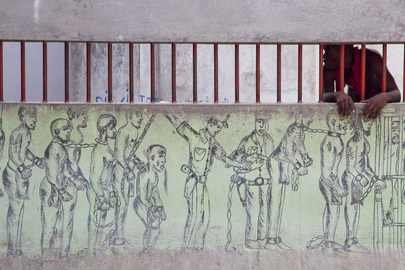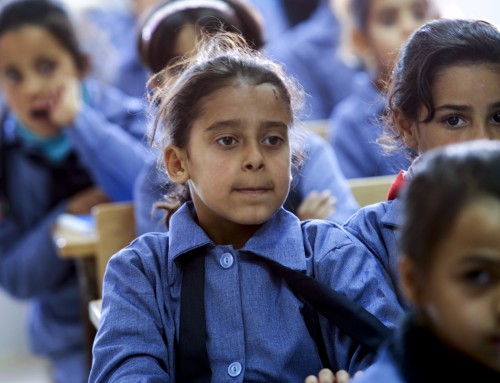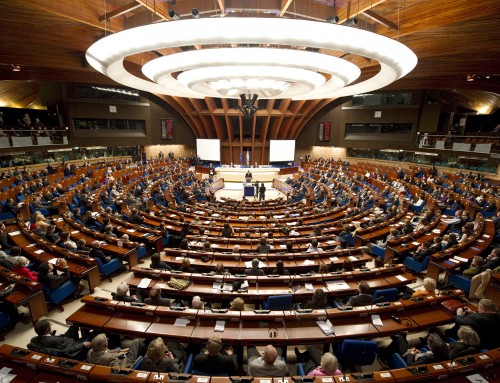Project Description
Turkey has improved its penal system in terms of physical infrastructure, training of staff and legislation. Right to appeal and probation have gained more functionality. Turkey has also amended legislation with the purpose of social rehabilitation, and providing an alternative procedure to pre-trial detention.
Description
- Beginning from the year 2000, the Turkish penal system has been improved in terms of physical infrastructure, training of staff and legislation.
- An approach respectful to the rights of convicts and detainees has been adopted with regard to enforcement and rehabilitation.
- Within the scope of Law No. 4675 on Sentence Enforcement Magistrature, means of recourse/right of appeal to procedures in the penal institutions gained more functionality by means of Enforcement Magistrature.
- Probation has gained more functionality as an alternative precautionary sanction to detention. Within the scope of probation “electronic surveillance” is effectively being implemented since February 2012.
- With the purpose of social rehabilitation and re-building of family ties of the convicts in the penal institutions an amendment has been made to Article 105/A of Law No. 5275. Accordingly, the convict shall be released on probation before the date of conditional release. This method of enforcement enables minor convicts, female convicts having a child between 0-6 ages, other convicts suffering from disease, disability or senility, to benefit from the law in a broader aspect.
- Article 109 of the Code of Criminal Procedure (No. 5271) was amended so that the practice of “judicial control”, as an alternative procedure to pre-trial detention, would be applicable to all types of crimes. (Judicial control is a/an investigation/prosecution phase practice according to which a person against whom there are reasons for detention enumerated in the article 100 of the said law may be set free with certain restrictions specified in the article 109 of the same law.) The said amendment also enabled the application of “electronic surveillance” regarding measures of “staying inside the residence (house), staying inside a certain region of residence (city), prohibition of visit to specific places or regions” in addition to the pre-existing measures.
Key results:
- Since 2006, 171 penal institutions were closed and the number of penal institutions decreased to 359. There are 3517 officers in 131 Directorates of Probation. As of 30/04/2014, the number of controlled and followed convicted persons are 313851. As of 18/05/2015, the number of convicted persons followed with electronic tagging is 9239.
- For the staff of penal institutions, pre-service training, trainee officer training, in-service training, educator training and inter-institution and international trainings are provided.
- In education centers, the numbers of staff trained are as follows: 88895 staff in in-service training seminar, 5984 staff in in-service training course, 7014 staff in trainee officer training, 1620 staff in educator training, 8171 staff in pre-service training, 2223 staff in promotion training, 113997 staff in total.
- In order to enhance international cooperation, 522 officials with different titles from penal institutions of various countries were trained.
Key lessons learnt
- Adoption of an approach respectful to the rights of convicts and detainees, then implementing a comprehensive and sophisticated strategy on enforcement and rehabilitation were key factors in achieving considerable amelioration of the sentence enforcement system of our country. Along with amendments to the law, staff training and effective employment of technological devices also played a considerable role in improving the quality of the said system.
Other relevant information:
Many European Union projects were successfully implemented by the Directorate General for Prisons and Detention Houses of the Ministry of Justice. Two new projects were approved for the next period.
- The Name of The Project: Strengthening Penal Institution Regime and Probation Practices in order to Prevent the Repetition of Offences.
- The Name of The Project: Improving Discipline and Award Practices and Increasing the Efficiency of Monitoring Boards for Convicted Persons






